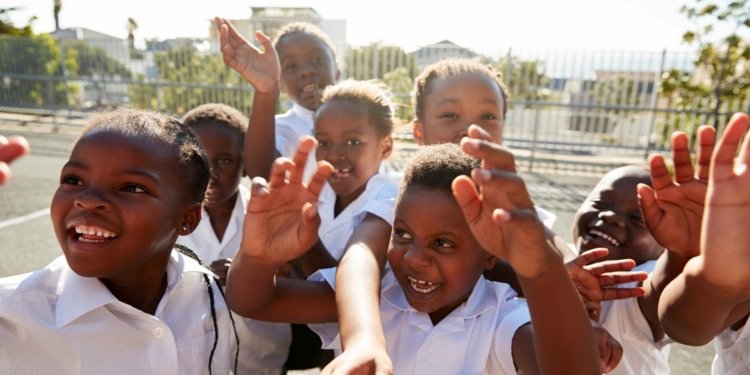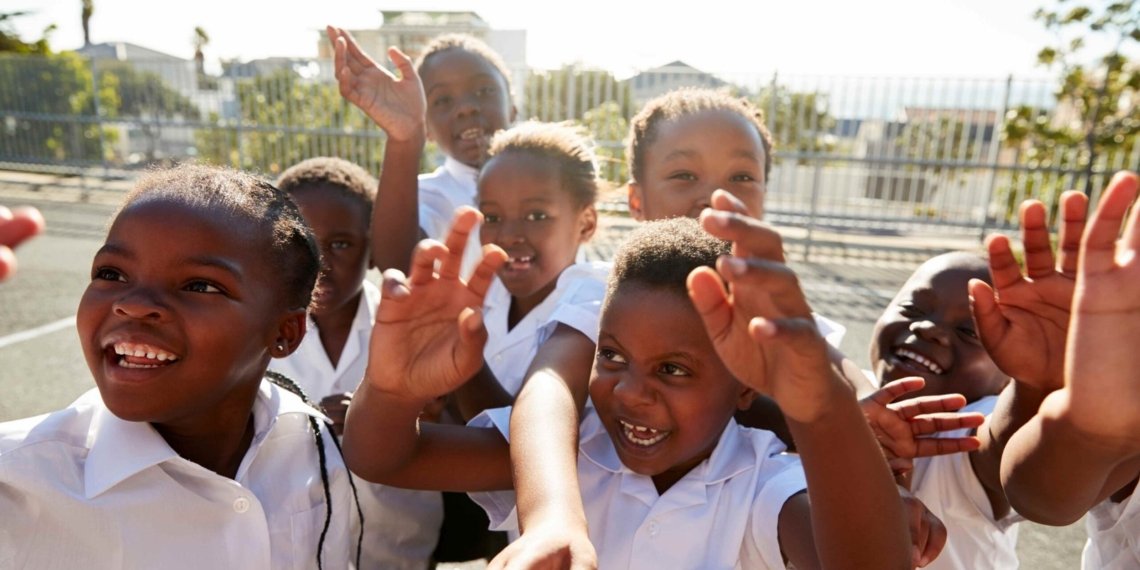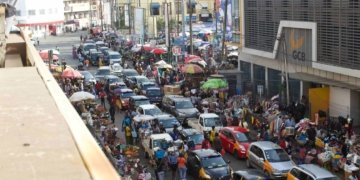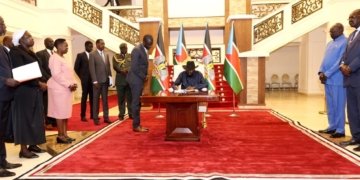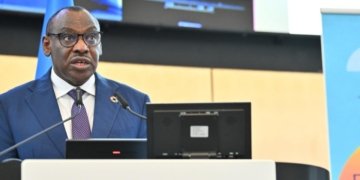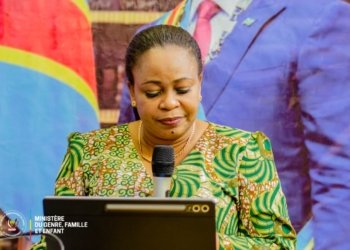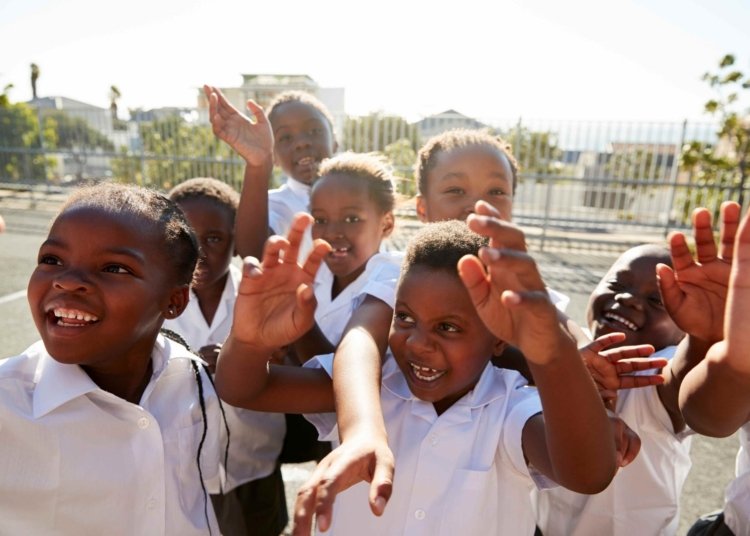Pretoria – South Africa marked Youth Day and the International Day of the African Child on Monday with national leaders reflecting on progress made and challenges that persist for the country’s youngest citizens.
Observed annually on June 16, the International Day of the African Child commemorates the 1976 Soweto Uprising, when thousands of Black students marched against apartheid education policies.
The day now serves as a reminder for African governments to strengthen their commitment to children’s rights and access to quality services.
Deputy President Paul Mashatile, addressing crowds in Potchefstroom, honored the 1976 generation who stood against oppression while acknowledging that many young South Africans today face unemployment, inequality, and limited digital access.
“It has been 49 years since that significant day,” Mashatile said. “Regardless of their youthful stature, the youth of 1976 stood strong in the face of the oppressive system. The reality is that many young people in South Africa are not living the future they hoped for.”
This year’s theme, “Planning and Budgeting for the Welfare of the Child,” encourages African governments to examine how their spending supports children’s rights.
South Africa’s Constitution prioritizes children’s interests, with legislation like the Children’s Act and National Health Insurance Act designed to deliver protections through focused services.
Public investment in education, health, and social protection comprises more than 60% of the national budget, excluding debt costs.
Education alone accounts for roughly 20%. The child support grant, currently set at R560 ($31) per child each month, reaches millions of households, though this amount remains below the national food poverty line.
Despite these commitments, significant gaps persist. Over one million children aged 3 to 4 lack access to early learning programs, with many existing facilities operating without proper registration or oversight.
Advocates Demand Accountability
The African Committee of Experts on the Rights and Welfare of the Child noted that while budgets for children have grown, corruption and weak coordination continue to erode their impact.
“Budget for children has shown increase in most countries,” the committee stated. “Poor coordination and corruption undermine children’s share of the national budget.”
Human Rights Watch reinforced these concerns, noting that “most African governments, including South Africa, have consistently failed to meet global and regional education funding targets.”
Justice Minister Mmamoloko Kubayi highlighted disturbing trends in child exploitation, including cases where “mothers themselves are involved in the exploitation of children,” calling for urgent societal introspection.
Healthcare funding has increased, with R28.9 billion ($1.6 billion) allocated for health workers and essential medicines in the 2024-2025 cycle.
South Africa has reduced under-five mortality from 52 deaths per 1,000 live births in 2010 to 32 in 2020.
Community services and school infrastructure in rural areas remain uneven, with persistent challenges including overcrowded classrooms and inadequate sanitation.
The occasion has sparked calls for more substantial alignment between child-focused policies and the resources needed to carry them out.
